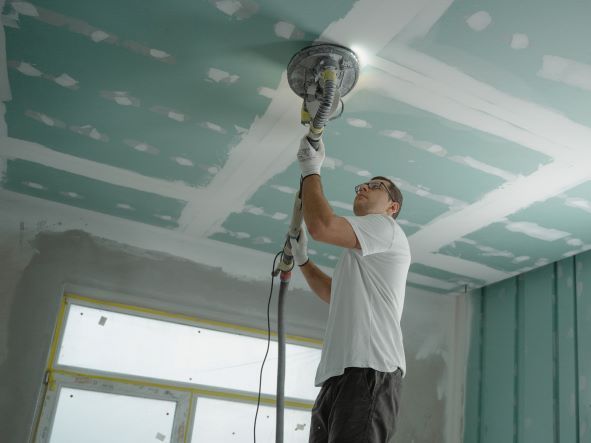Housing Disrepair
Council Housing or Housing Association Failures to Repair


What Are the Most Common Types Of Housing Disrepair To Council Homes
What Is the Response Of Councils To Housing Disrepair
Housing disrepair is a major issue , and councils have a responsibility to ensure that all of their housing stock is in a safe, habitable condition. They do this by carrying out regular inspections, providing advice and guidance on how to maintain a property, and taking action to make repairs to meet their legal obligations. Councils also have the power to issue legal notices to Housing Associations to carry out repairs, and in some cases, they can arrange for the repairs to be done and recover the cost from the Housing landlord. In some cases, councils may also provide financial assistance to tenants who are unable to afford the cost of repairs themselves.
Pricing Table
Consequuntur magni dolores ratione.

Housing Disrepair Claim
Solicitor Expert For Housing Disrepair
Claim Today specialises in housing disrepair in the UK and is an expert in this field because we have the in-depth knowledge and experience to provide the best advice and representation for their clients. We understand the claim time is now and the complexities of the law, the latest legal precedents, and how to best advocate for their clients’ rights.
Claims Today are also best for housing disrepair in the UK as we are able to advise and represent their clients throughout any legal proceedings, ensuring that their rights are protected and that they get the best possible outcome. Acting on a “no win no fee” we ensure your interests are first and foremost with the maximum amount of Compensation secured.


